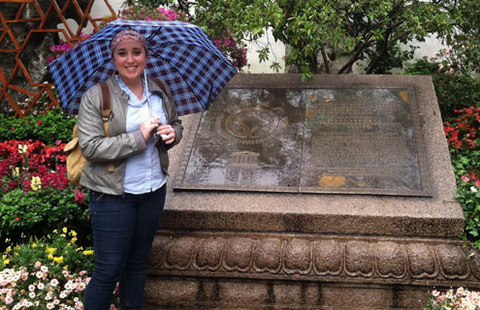Case in point for rule of law
(China Daily) Updated: 2014-11-04 07:30In 1996, an 18-year-old man called Qoγsiletu was sentenced to death and executed for the rape and murder of a young woman. Nine years later, a widely feared serial killer and rapist confessed he was the real culprit.
Even the local judiciary had to know they had made a terrible mistake.
Yet, strangely, that case was omitted when the real offender was prosecuted. So strange, the killer himself wrote a letter asking why it was not even mentioned during his prosecution.
And strangely, even today, 18 years after the young man was wrongly executed, his widely anticipated retrial is yet to happen.
The verdict must be reviewed. The wrongly executed man exonerated. And his family compensated.
Those responsible for the horrible judicial blunder were commended for their efficiency in "cracking the case" and "finding the true culprit". Some were even promoted to higher positions.
No doubt acknowledging a mistake of such magnitude will be more than just embarrassing. For the local court responsible, the ensuing compensation, which it is supposed to pay, may be unaffordable.
But the local judiciary should be ashamed of mentioning rule of law as they drag their feet over correcting a mistake of their own making.
Besides an immediate retrial of the case, the liability of all those who had a role in the case must be thoroughly probed.
The untimely end of a youthful life was the outcome of a "severe crackdown", whose emphasis on strictness, severity and speed produced some similar tragedies. A review of the case should also include a proper review of the way these "severe crackdowns" are conducted, as the authorities still occasionally resort to them when dealing with outstanding social concerns.
It is heartrending to learn that Qoγsiletu's mother, who has spent the past nine years shuttling between the central and local authorities appealing for a retrial, "couldn't help laughing" when she learned there might be a retrial soon.
She insisted on making those visits, unwelcomed by the recipients, in the simple yet firm belief that one day she would come across an upright official, so she could prove her son was an innocent, law-abiding citizen.
For nine years, she was told, repeatedly, to wait.
It is a shame that has even happened.
Now is the time to put an end to her long quest to exonerate her son. And to assure her we have both upright officials and a system that works.











